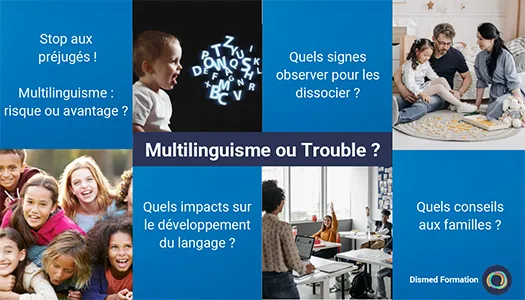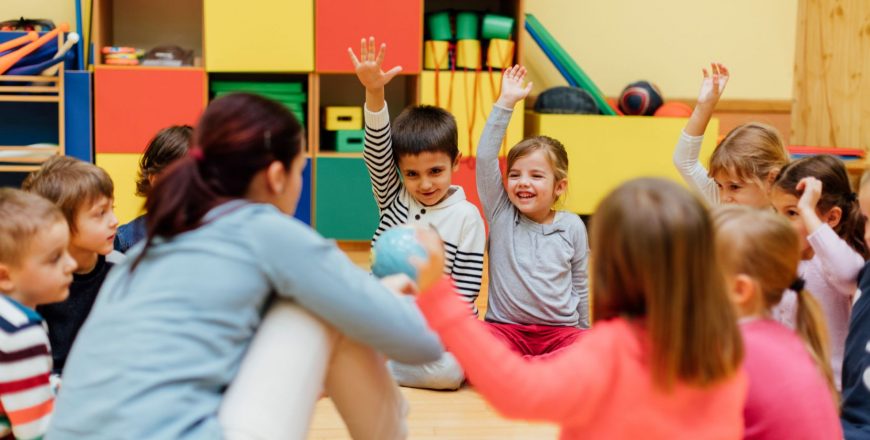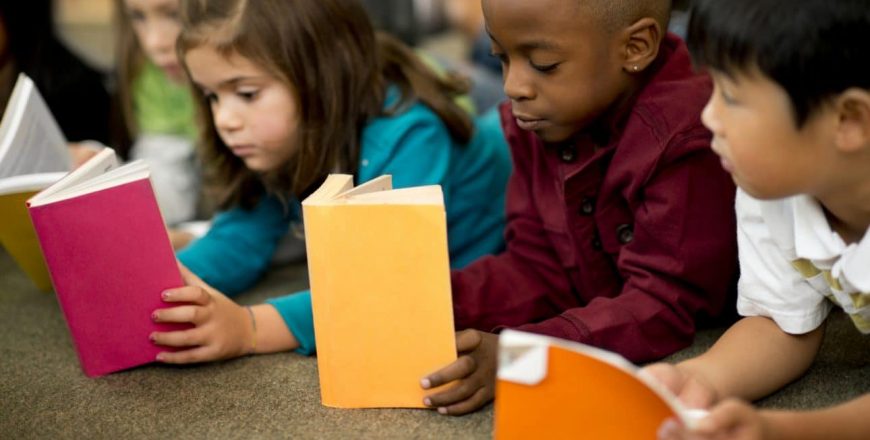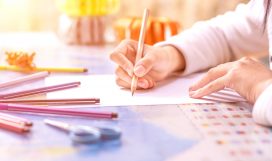Conference on professional well-being: an asset for the well-being of students

The teaching profession, although exciting, evolves and requires constant adaptation in the face of stress, anxiety and loss of meaning. To remain at the heart of your profession and your vocation, teaching today requires taking effective care of yourself and learning to develop your well-being skills.
Subjects discussed :
– The most effective ways to deal with stress?
– Sources of mental exhaustion and strategies to avoid energy loss?
– Practical exercises to regain mental calm and peaceful breathing?
Multilingualism or Trouble?

More than half of the world’s population is multilingual. Students in the AEFE and MLF network are naturally particularly concerned by this reality. How can we dissociate the effects of multilingualism from those of a disorder within the classroom? Can it cause its appearance? What signs should require specific screening? And more broadly, what advice should we give to families?
Language difficulties in nursery school

Language is an essential communication tool that children will develop throughout their kindergarten years. It is also the tool he will use to develop his written language. Language development follows a long and complex “program” which depends on the maturity of the brain but also on various environmental factors.
Problem solving in cycle 3

Problem solving is a complex task that poses difficulties for many students. What are the components and prerequisites for this task? How can we explain these difficulties, but above all, what help is possible to support students with special educational needs and students of all backgrounds?
“Light a fire in your classroom” or how to promote learning

“Teaching is not filling a vase, it is lighting a fire” – Aristophanes. Very good, but concretely, in 2021, how do we do it? Drawing on neuroscience, educational psychology, mental management and other tools we will see how to act on the 3 components of a class: The teacher / The student / The environment
Learning to read in cycle 2

Learning to read is a complex task that requires specific learning conditions. What are these conditions? What to do when a student is not engaged in reading? What means are there to best support students in difficulty but also students with special educational needs?
Meet your voice

Your voice is your first work tool, but do you really know how it works? How to take care of it? What to do when things go wrong?
Students with special educational needs: who are these students and how to identify them?

Do you encounter students who don’t seem to function like the others? Are you having difficulty clearly identifying them? Dysphasia, dyslexia, PDD, ADHD…it’s not always easy to navigate this nebula. What does it mean to be an “atypical” child? A student with special educational needs?
Students with dysgraphia: who are these students and what educational arrangements are needed to help them?

Do some of your students write too slowly or illegibly? Or do they make attention or spelling errors when writing that they would not make orally?
